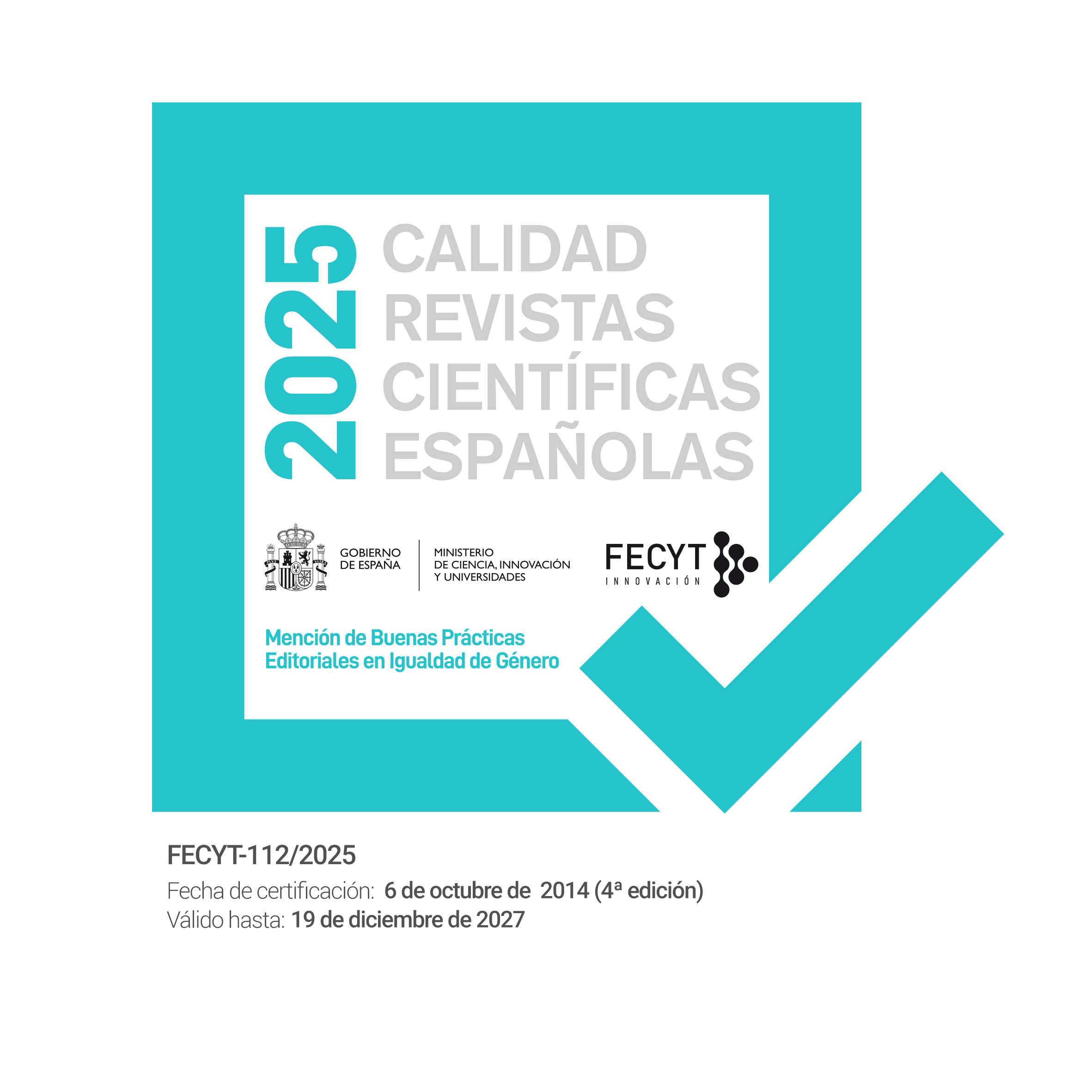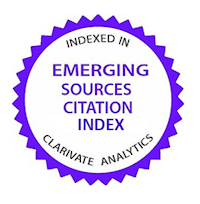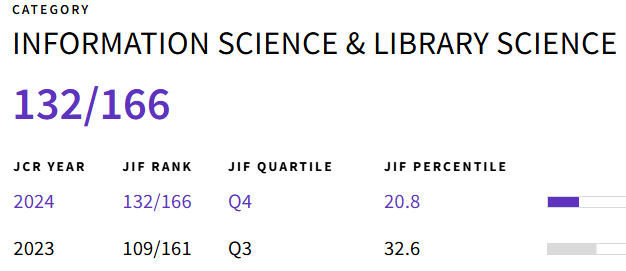A view of the academic family trees in Brazil
Supporting Agencies
- We would like to thank the Conselho Nacional de Desenvolvimento Científico e Tecnológico (CNPq) - CNPq/MCTI/FNDCT, Notice Nº. 18/2021 - B - Consolidated Groups. Process 422989/2021-5, Protocol 3126211994678580.
Abstract
The adviser-advisee relationship, which is characterized as a form of knowledge propagation, has the possible effect of promoting an increase in the scientific production of both. Specifically, in graduate programs, where this relationship is more active, either in the preparation of the thesis or in the derivation of works related to this type of study, where this is the central point of this research. In this study, orientation data extracted from curricula registered in the Lattes Platform are used, with the aim of obtaining, in addition to an overview of the orientation process in Brazil, an analysis of the bibliographic production. As a result, it was possible to observe that some individuals, especially those who work in postgraduate programs, tend to obtain a greater amount of direct guidance and, consequently, family trees with a greater number of generations. It was also verified that the areas of activity of the advisers are determinant for more dense family trees. Therefore, it is concluded that some areas such as Biological Sciences and Human Sciences hold the academic family trees with the highest number of generations and individuals, to the detriment of others such as Exact Sciences and Engineering. Innovative, the study makes genealogy into fifteen levels, a fact that previous studies only reach seven levels of guidance families. It also has a generation of computing technology and metrics to calculate everything and brings together analysis on a single platform.
Downloads
Metrics
-
Abstract664
-
PDF708
References
CNPQ. Sobre a plataforma Lattes. 2017. Disponible en: http://lattes.cnpq.br/. [Consultado: 28 febrero 2023]
COIMBRA, F. S. y DIAS, T. M. R. Use of open data to analyze the publication of articles in scientific events. Iberoamerican Journal of Science Measurement and Communication, 2021, vol. 1, nº 3, p. 1-13. Disponible en: https://doi.org/10.47909/ijsmc.123. [Consultado: 28 febrero 2023]
DA SILVA, L. C. R. y DO NASCIMENTO, H. A. D. Visualizando bases curriculares. 2006.
DIAS, T. M. R. Um Estudo Sobre a Produção Científica Brasileira a Partir de Dados da Plataforma Lattes. 181 p. Tesis (Doctorado) — Centro Federal de Educação Tecnológica de Minas Gerais, 2016.
DIAS, T. M.; DIAS, P. M. y MOITA, G. F. Collection and integration of scientific data for production analysis Brazilian scientific in open access journals. Advanced Notes in Information Science, 2022, vol. 2, p. 34-42. Disponible en: https://doi.org/10.47909/anis.978-9916-9760-3-6.105. [Consultado: 28 febrero 2023]
DIGIAMPIETRI, L. A. et al. Minerando e Caracterizando Dados de Currículos Lattes. In: I Brazilian Workshop on Social Network Analysis and Mining (BrasNAM). [s.l.: s.n.], 2012. p. 12.
DORES, W. y LAENDER, A. H. F. Extracting Academic Genealogy Trees from the Networked Digital Library of Theses and Dissertations. In: Proceedings of the 16th ACM/IEEE-CS on Joint Conference on Digital Libraries - JCDL ’16. New York, New York, USA: ACM Press, 2016. p. 163–166. ISBN 9781450342292. Disponible en: http://dl.acm.org/citation.cfm? doid=2910896.2910916. [Consultado: 28 febrero 2023]
ELIAS, M.; FLOETER-WINTER, L. M. y MENA-CHALCO, J. P. The dynamics of brazilian protozoology over the past century. Memórias do Instituto Oswaldo Cruz, SciELO Brasil, 2016, vol. 111, nº 1, p. 67–74.
FERRAZ, R. R. N. et al. Análise e gestão de análise de redes de colaboração entre pesquisadores de programas de pós-graduação stricto sensu com a utilização da ferramenta computacional scriptlattes. Perspectivas em Gestão & Conhecimento, 2014, vol. 4, p. 133–147.
FERREIRA, L. M.; FURTADO, F. y SILVEIRA, T. S. Relação Orientador-Orientando. O Conhecimento Multiplicador. Acta Cirúrgica Brasileira, 2009, vol. 24, nº 3, p. 170–172.
LANE, J. Let’s make science metrics more scientific. Nature, Nature Publishing Group, 2010, vol. 464, nº 7288, p. 488–489.
MASCARENHAS, H. A. D.; DIAS, T. M. R. y DIAS, P. M. Adoption of Network Analysis Techniques to Understand the Training Process in Brazil. AWARI, 2020, vol. 1, nº 1, p. e004. Disponible em: https://doi.org/10.47909/awari.63. [Consultado: 28 febrero 2023]
MENA-CHALCO, J. P.; DIGIAMPIETRI, L. A. y CESAR-JR, R. M. Caracterizando as redes de coautoria de currículos Lattes. In: BraSNAM - Brazilian Workshop on Social Network Analysis and Minig. [s.l.]: Brazilian Computing Society, 2012. p. 12.
MIYAHARA, E. K. Genealogia Acadêmica Lattes. 27 p. Tesis (Doctorado) — Universidade de São Paulo, 2011.
MUGNAINI, R.; LEITE, P. y LETA, J. Fontes de informação para análise de internacionalização da produção científica brasileira. PontodeAcesso, 2012. vol. 5, nº 3, p. 87–102.
ROSSI, L. y MENA-CHALCO, J. P. Aos ombros de gigantes: um estudo de genealogia acadêmica dos matemáticos no Brasil. In: Simpósio de Pesquisa do Grande ABC (SPGABC). [s.l.: s.n.], 2014. p. 1–2.
ROSSI, L. y MENA-CHALCO, J. P. Índice-h genealógico expandido: Uma medida de impacto em grafos de orientação acadêmica. In: IV Brazilian Workshop on Social Network Analysis and Mining (BraSNAM 2015). [s.l.], 2015. p. 12.
SCOTT, J. Social network analysis. [s.l.]: Sage, 2012. ISBN 1446259455.
SUGIMOTO, C. R. Academic genealogy. In: Beyond bibliometrics. Harnessing multidimensional indicators of scholarly impact. MIT Press, 2014. p. 365–382.
SZWARCFITER, J. L. Grafos e Algoritmos Computacionais. [s.l.]: Editora Campus Ltda. Rio de Janeiro, 1984.
TUESTA, E. F. et al. Análise temporal da relação orientador-orientado: um estudo de caso sobre a produtividade dos pesquisadores doutores da área de Ciência da Computação. In: Proceedings of the Brazilian Workshop on Social Network Analysis and Mining (BraSNAM). [s.l.], 2012. p. 11.

This work is licensed under a Creative Commons Attribution 4.0 International License.
Las obras que se publican en esta revista están sujetas a los siguientes términos:
1. El Servicio de Publicaciones de la Universidad de Murcia (Editum) conserva los derechos patrimoniales ('copyright') de las obras publicadas, y favorece y permite la reutilización de las mismas bajo la licencia de uso.
2. Las obras se publican en la edición electrónica de la revista bajo la licencia Creative Commons Atribución Internacional CC BY 4.0. Se puede copiar y redistribuir el material en cualquier medio o formato y remezclar, transformar y crear a partir del material para cualquier finalidad, incluso comercial.







